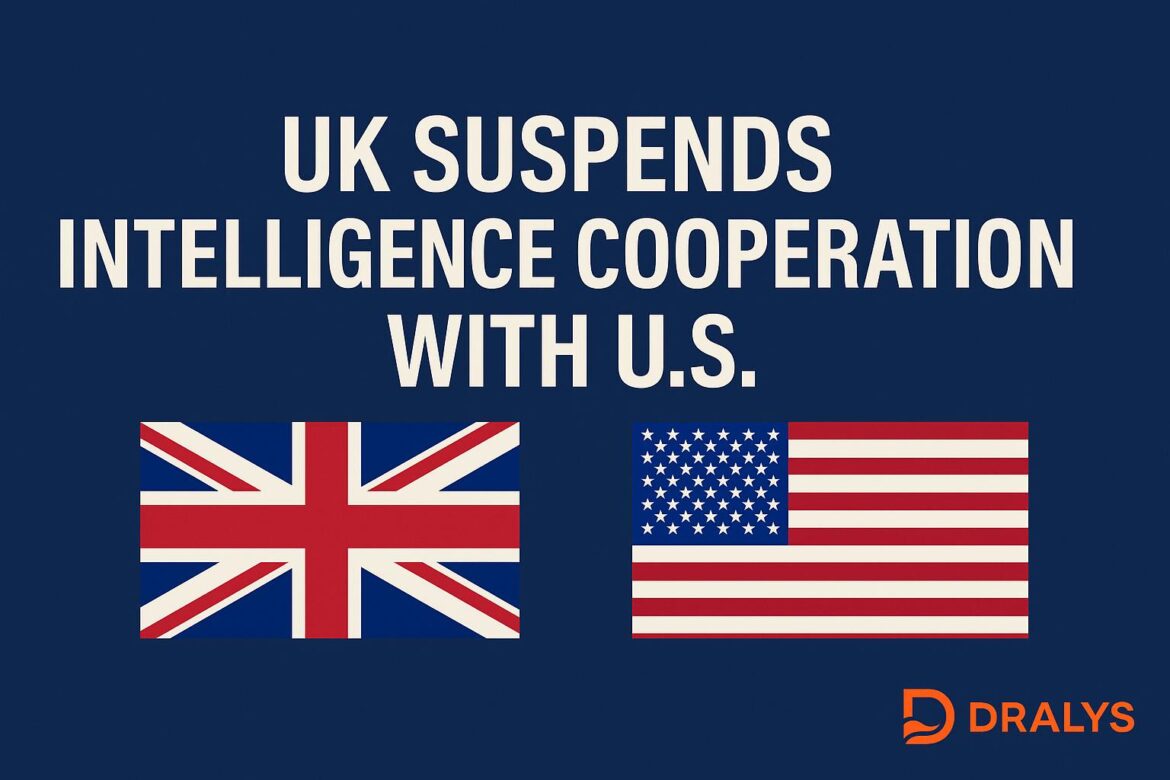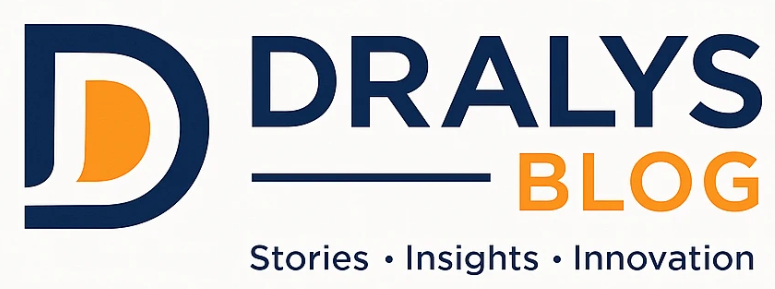Dralys News & Policy Desk
The United Kingdom Temporarily Suspends Intelligence Sharing with the U.S. Over Concerns of Caribbean Maritime Strikes
Summary
In a rare diplomatic move, the United Kingdom has reportedly
paused some intelligence-sharing operations with the United States,
citing concerns about the legality of recent U.S. military strikes on suspected
drug-trafficking vessels in the Caribbean region.
This decision marks one of the most significant disruptions in
transatlantic security cooperation in recent years.
Background
According to reporting from reputable international media outlets, the pause follows
a series of U.S. military actions targeting vessels alleged to be involved in narcotics trafficking
in the Caribbean and eastern Pacific.
British officials, based on these reports, have questioned whether some of these strikes
are compatible with international law, particularly where the legal status of crews and vessels
is uncertain.
For decades, the United Kingdom and the United States have closely cooperated on maritime
surveillance and counter-narcotics operations, including around British Overseas Territories
in the Caribbean. The reported suspension does not end the broader alliance, but it reflects
growing concern about how shared intelligence is being used.
Legal and Ethical Concerns
Under international maritime law and the principles of the
United Nations Convention on the Law of the Sea (UNCLOS),
the use of lethal force against civilian or unidentified vessels is heavily constrained.
Any such operation should be grounded in clear legal authority, necessity, and proportionality.
Legal experts and human rights observers warn that preemptive or punitive strikes at sea,
without transparent evidence or judicial oversight, risk being characterized as
potentially unlawful killings or extrajudicial actions.
The United Kingdom’s reported decision to pause some intelligence-sharing is widely interpreted
as an effort to avoid complicity in operations that may not meet those standards.
The Broader Context: Narratives and Realities
U.S. officials have framed the maritime strikes as part of a wider effort against narcotics
trafficking networks in the region, including alleged links to Venezuela and other countries.
However, available data on fentanyl trafficking indicates that most fentanyl entering
the United States is manufactured outside the Caribbean corridor and is often transported
through established overland and port-of-entry routes.
Data from U.S. federal sources also show that a significant share of individuals convicted
of fentanyl trafficking offenses in recent years are U.S. citizens, which complicates
simplified narratives that place primary blame on small foreign fishing vessels or
remote communities. These discrepancies have fueled further scrutiny of the strategic and
legal justifications behind recent maritime strikes.
A Subtle but Important Shift Among Allies
The United Kingdom’s temporary suspension does not signal the end of the “special relationship,”
but it does highlight a key point:
close allies can disagree on how security operations should be conducted while still
valuing cooperation.
By pausing certain intelligence-sharing activities, British authorities appear to be reinforcing
an important message: security partnerships must be consistent with
international law, human rights obligations, and accountable use of force.
This moment may shape future norms on how intelligence is shared and how
allies respond when legal red lines risk being crossed.
Dralys Editorial Note
At Dralys, we believe that innovation, technology, and security must operate within a framework
of transparency and respect for human dignity.
The evolving debate around maritime strikes and intelligence sharing underscores why ethical
governance and independent oversight matter not only for states, but for companies,
institutions, and digital platforms shaping the future of global commerce and communication.
As we build and support next-generation ecosystems, we remain committed to highlighting
developments that affect trust, legality, and international cooperation.
Sources & Further Reading
- Reporting on UK–US intelligence cooperation and Caribbean maritime operations from
reputable international outlets such as
The Guardian,
AOL News,
and other verified news organizations.
United Nations Convention on the Law of the Sea (UNCLOS)
- Data and analysis from official U.S. government and judicial sources on drug trafficking
and fentanyl-related offenses.
This article is based on publicly available reporting and legal frameworks as of November 11, 2025.
It is intended for informational and analytical purposes and does not constitute legal advice.

